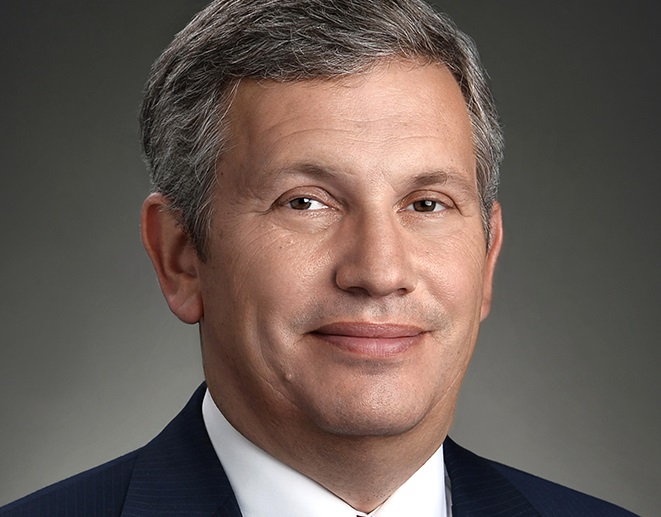New court CLE program explores judicial independence in Israel

Photo courtesy of the NYSBA
A groundbreaking Continuing Legal Education (CLE) program, “Judicial Independence: The Israeli Experience,” will be presented by the Historical Society of the New York Courts, Sullivan & Cromwell LLP, and The Fund for Modern Courts on March 4, 2024, at 6:30 p.m.
The event aims to delve into the complexities of the Israeli judicial system and the ongoing debates surrounding proposed judicial reforms. This timely program will be held at Sullivan & Cromwell in New York City and simultaneously livestreamed at www.history.nycourts.gov.
The session is set to explore the structure and roots of Israel’s multifaceted judicial system, which comprises both secular and religious courts, and will feature a panel discussion with esteemed members of Israel’s judiciary and bar.